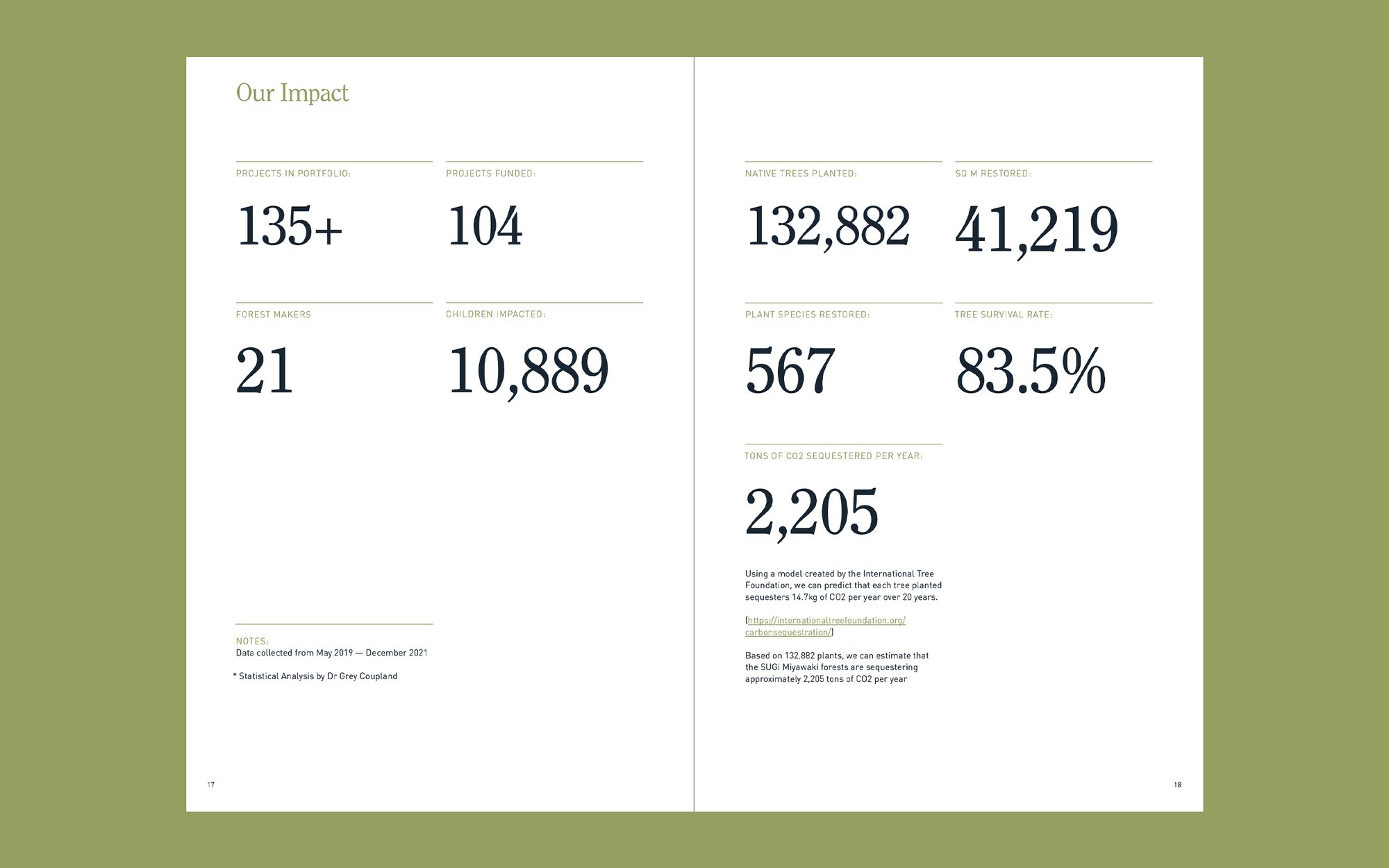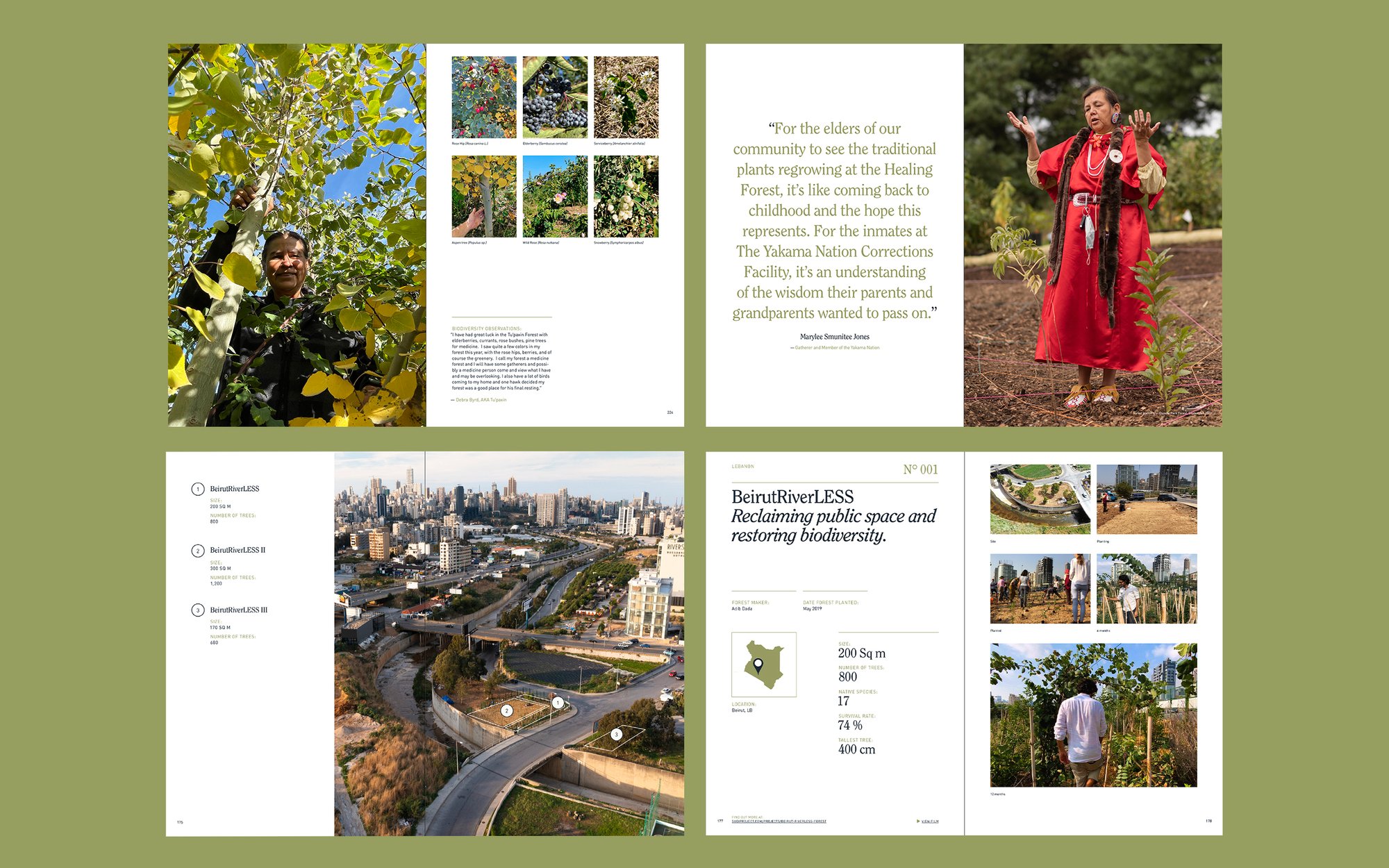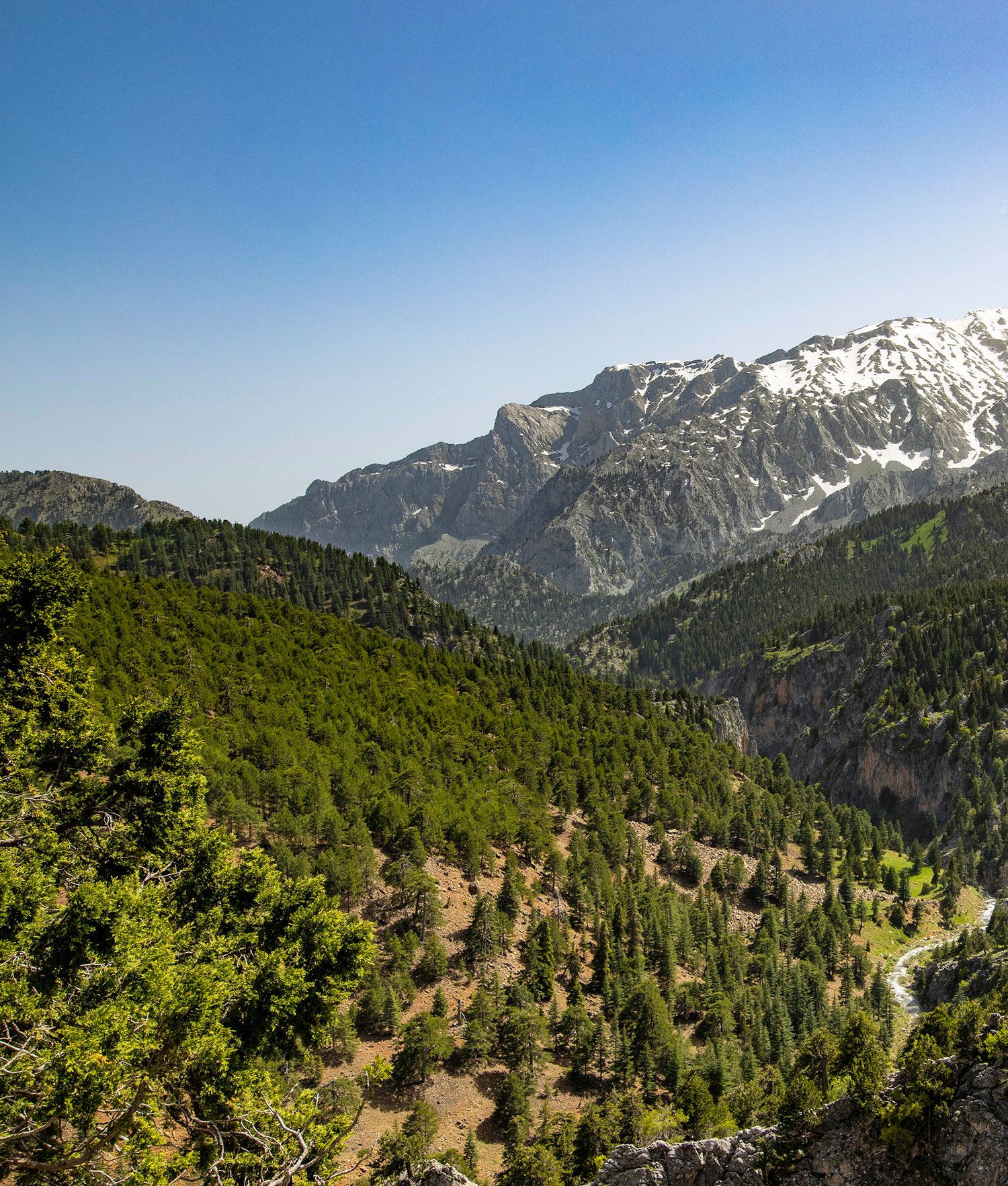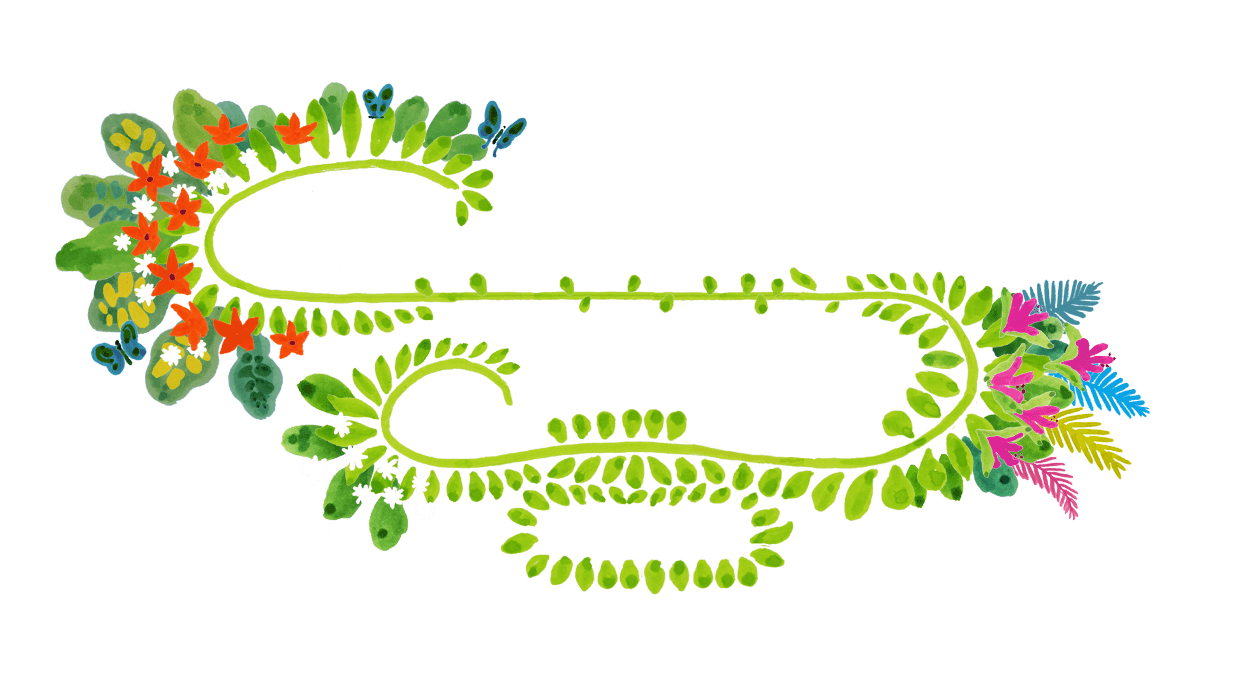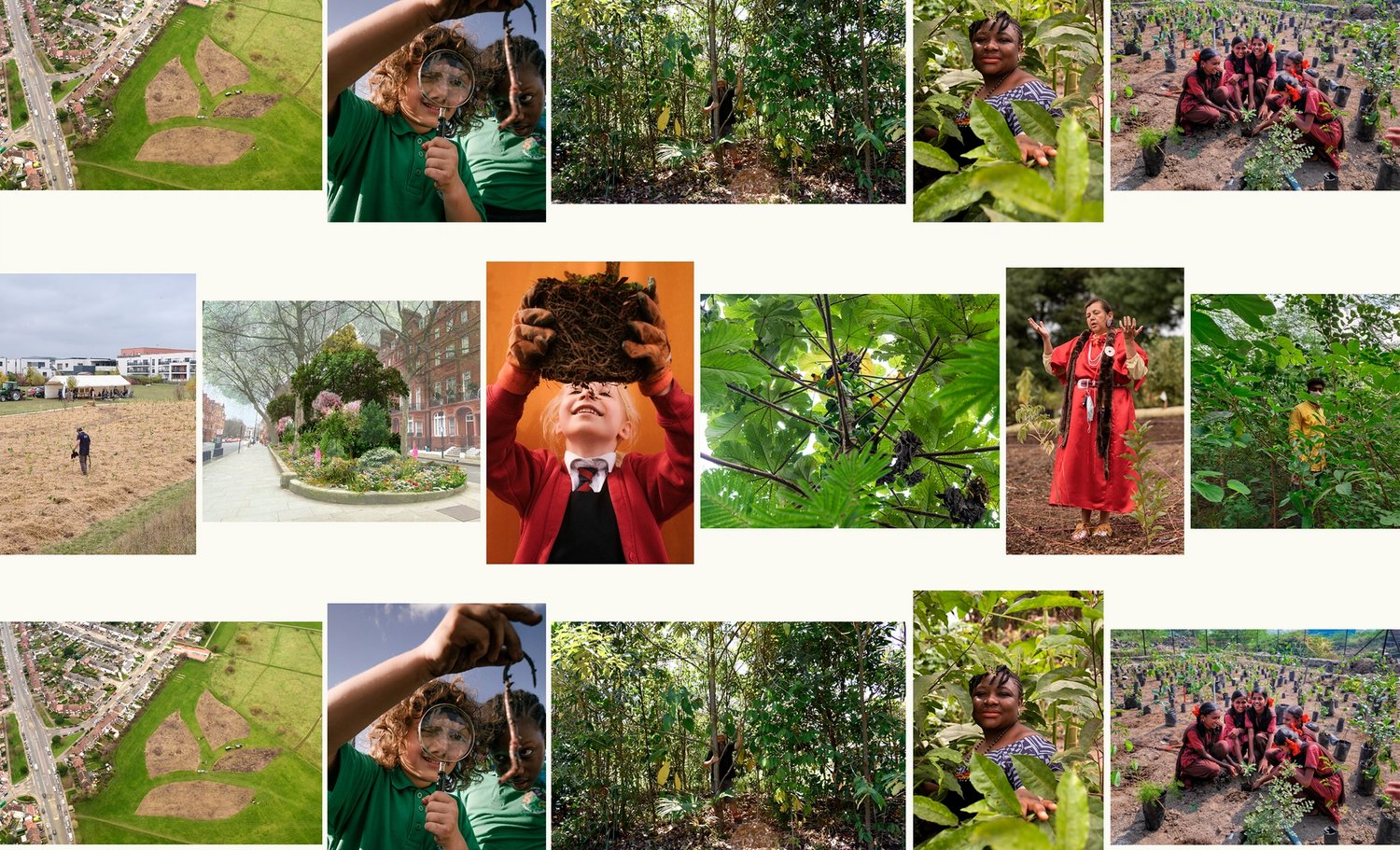
Insight
SUGi Impact Report — 2021
Words by: Dr Grey Coupland
— SUGi Lead Scientist
Download the full Impact Report Here
Since May 2019, 104 pocket forests have been planted by SUGi. These forests have been planted in 15 different countries, in climates ranging from humid tropical, to temperate oceanic and Mediterranean, to semi-arid. The total area encompassed by these forests covers 41,219 m2 (10.15 acres) and includes 132,882 plants. On average 34.7 (±SE 1,5) different species were planted in each forest. Species selected for planting are locally endemic to the regions where the forest have been established. High species diversity and local plant endemism are key elements of the Miyawaki method and enable creation of biodiversity hotspots and wildlife corridors in urban areas. A total of 567 different plant species have been planted in SUGi forests globally.
The various climatic regimes where forests are planted create a range of challenges for the forest makers in terms of planting and maintaining the forests. Adaptation of the Miyawaki method is often required to suit local conditions. Local political and social conditions also influence forest maintenance, with water availability and COVID restrictions key factors. Variability in plant growth and survival rates across the different countries reflects this variation in local environmental and anthropogenic conditions. The plant survival rate across all forests was high, on average 83.5% (±SE 1.86, n = 47 forests), with average country rates ranging between 64.7% and 98.5% (Figure 1). Maximum tree height recorded across all forests was 1,200 cm in a 24 month old forest, with average maximum growth at 7-12 months of 339.8 cm (±36.8 cm, n= 26).
Of the 104 forests planted, 72 were planted by children. In total 10,889 children from Australia, Belgium, France, Hong Kong, India, Japan, Lebanon, UK and USA were involved in planting 52,036 plants. Planting Miyawaki forests provides children with a unique opportunity to engage with nature and see that their actions can have tangible environmental outcomes. Miyawaki forests have a remarkable capacity to inspire environmental action and promote community engagement with urban rewilding. Involving children in forest planting is truly important for developing and maintaining a ground swell of environmental action and stewardship led by the next generation.
